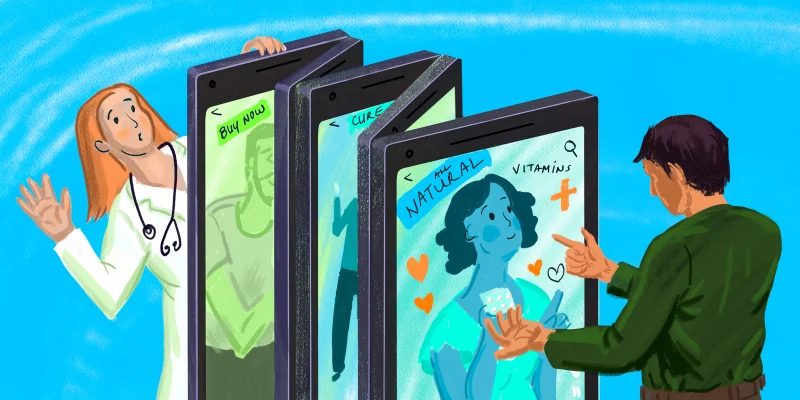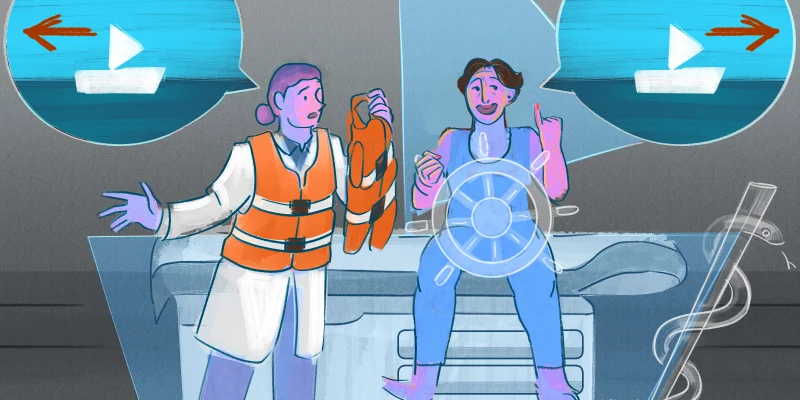
Thanksgiving is upon us. It represents a season of gratitude and generosity. Thoughts of thankfulness and a desire to give have led to reflections on my career. I have been an attending psychiatrist in the same facility for the past ten years, my first and only job after completing psychiatry residency. Since there is a shortage of psychiatrists, jobs are plentiful and offers for other positions have come my way. I am thankful to work at a facility with a mission and vision that align with my beliefs, so I have not wanted to move on. I am thankful for colleagues who are collegial, intelligent, kind, compassionate, and available for a curbside consultation at any moment. I give thanks for the patient relationships that I've had for a decade. For the mother with postpartum psychosis who had a symptom free second pregnancy. The woman who successfully uses DBT skills to manage symptoms of borderline personality disorder and rebuild burned bridges. The man who returned to work after having electroconvulsive therapy for depression. The student who returned to and then graduated college after his first manic episode.
I am grateful for the advances in psychiatry in the past decade that have emphasized that psychiatry is medicine, psychiatrists are physicians, and mental illnesses are also medical illnesses. Since 2008, six novel atypical antipsychotics and three novel antidepressants were approved by the Food and Drug Administration (FDA.) Two medications for the treatment of tardive dyskinesia, one for hallucinations from Parkinson's disease, and four for depression (targeting GABA or NMDA receptors or derivatives of ketamine and psilocybin) have received FDA breakthrough treatment designation. Drugs for treatment-resistant depression, agitation in Alzheimer's, hallucinations in Lewy body dementia, autism spectrum disorder, and substance use disorders have received FDA fast track designation.
Non-medication treatment options are more readily available. The FDA approved repetitive transcranial magnetic stimulation (rTMS) for treatment-resistant depression a decade ago and recently permitted marketing of TMS for obsessive-compulsive disorder. I am grateful for psychiatrists, psychologists, and other therapists who provide various types of evidence-based psychotherapy, which are effective alone for some symptoms or work in concert with medication and/or neuromodulation treatments for others.
Technological advances in psychiatry have increased. The FDA approved an antipsychotic pill with a sensor that digitally tracks if patients have ingested their medication and permitted marketing of the first mobile medical application to help treat substance use disorders. Telepsychiatry has increased access to care and patients can even use mobile apps for psychotherapy. Pharmacogenetic testing is available, biomarkers have been discovered, and the impact of epigenetic changes in mental illness and substance use disorders is better understood.
The Diagnostic and Statistical Manual of Mental Disorders (DSM-5) was updated in 2013. Disruptive mood dysregulation disorder was added to reduce overdiagnosis of bipolar disorder in children and adolescents. The bereavement exclusion for major depressive disorder was removed to appreciate that grief is not time-limited. Binge eating disorder, premenstrual dysphoric disorder, and hoarding disorders were recognized as distinct disorders.
The American Psychiatric Association (APA) has had six women presidents since 2008, including the first Latina and African-American women, Drs. Maria Oquendo and Altha Stewart. In 2013, Dr. Saul Levin became the CEO and Medical Director of the APA and the first openly gay person to lead a major medical specialty society. Substance Abuse and Mental Health Services Administration's (SAHMSA) first Assistant Secretary for Mental Health and Substance Use, Dr. Elinore F. McCance-Katz, wants to shift the agency's focus toward evidence-based treatments. The American Medical Association (AMA) elected its first woman psychiatrist and first African-American woman as president, Dr. Patrice Harris.
The number of medical students matching to psychiatry residencies has risen for the sixth straight year, from 595 in 2008 to 982 in 2018. Ten subspecialties are now recognized by the American Board of Psychiatry and Neurology: addiction psychiatry, brain injury medicine, child and adolescent psychiatry, clinical neurophysiology, consultation-liaison psychiatry, forensic psychiatry, geriatric psychiatry, hospice and palliative medicine, pain medicine, and sleep medicine.
I look forward to what the next decade will bring to the field of psychiatry and for the patients we treat. Being a psychiatrist has sharpened my skills of empathy, compassion, active listening, and critical thinking. I am thankful to be part of an interesting, innovative, and intellectually stimulating field, so I give by helping to reduce the stigma of mental illness and mental health treatment at this time of year and year-round.
Danielle J. Johnson, MD, FAPA is a board-certified psychiatrist. Her interests include women's mental health and minority mental health. Dr. Johnson is co-author of the book "The Chronicles of Women in White Coats." Follow @drdanij on Instagram and Twitter. She is a 2018–2019 Doximity Author.







